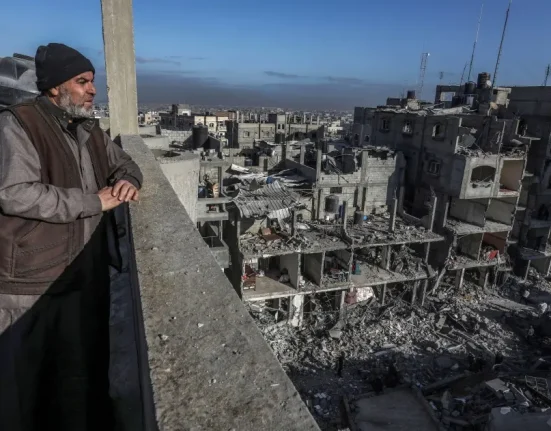The World Health Organization has raised concerns over the increasing difficulty in treating invasive fungal infections due to a critical shortage of medicines and diagnostic tools. The global health body has called for urgent and innovative research to address this gap, warning that fungal diseases pose a growing public health threat worldwide.
In its first-ever report on the lack of medicines and diagnostic tools for fungal infections, published on Tuesday, WHO highlighted the rising prevalence of these diseases, particularly among individuals with weakened immune systems. Common fungal infections such as candida, which causes oral and vaginal thrush, are becoming increasingly resistant to treatment, making effective management more challenging.
According to WHO, those most at risk include cancer patients undergoing chemotherapy, people living with HIV, and individuals who have undergone organ transplants. These groups are highly susceptible to severe fungal infections, yet access to the necessary antifungal drugs and diagnostic tools remains limited, especially in low- and middle-income countries.
Reacting to the findings, WHO’s Assistant Director-General for Antimicrobial Resistance ad interim, Dr. Yukiko Nakatani, emphasised that the shortage of treatment options is putting vulnerable populations at risk. She pointed out that the current pipeline for new antifungal drugs is insufficient, and many hospitals in developing nations lack the capacity to diagnose fungal infections effectively.
“Invasive fungal infections threaten the lives of the most vulnerable, but countries lack the treatments needed to save lives. Not only is the pipeline of new antifungal drugs and diagnostics insufficient, but there is also a void in fungal testing in low- and middle-income countries, even in district hospitals. This diagnostic gap means the cause of people’s suffering remains unknown, making it difficult to get them the right treatments,” Nakatani stated.
The WHO report also categorised certain fungi in its ‘critical priority’ list of fungal pathogens, warning that some of these infections have mortality rates as high as 88%. The report further noted that advances in medical treatments have led to a rise in immunocompromised patients, subsequently increasing cases of invasive fungal diseases. However, the complexity of developing antifungal medicines, along with the lack of accessibility to diagnostic tools, is making it increasingly difficult to manage these infections.
Over the past decade, WHO revealed that only four new antifungal drugs have been approved by regulatory bodies in major regions, including the United States, the European Union, and China. Currently, there are nine antifungal medicines in clinical development aimed at tackling the most dangerous fungal infections, as outlined in WHO’s Fungal Priority Pathogens List (FPPL). However, only three of these drugs are in the final phase of clinical trials, meaning very few new treatments are expected to be approved within the next ten years.
The report also noted that 22 antifungal drugs are still in preclinical development, which WHO described as inadequate given the risks and challenges associated with early-stage drug research. Existing antifungal treatments come with numerous challenges, including severe side effects, drug interactions, limited dosage options, and the need for prolonged hospitalisation. The health agency stressed the urgent need for safer and more effective antifungal medicines, particularly those that can be used broadly against multiple life-threatening fungal infections.
Children are also at a disadvantage, as very few clinical trials have explored paediatric dosing or child-friendly formulations. WHO called for increased investment in global disease surveillance, expanded financial incentives for antifungal drug discovery, and more funding for basic research to identify new treatment targets in fungal pathogens.
The health body further recommended exploring therapies that strengthen patients’ immune systems to improve their ability to fight fungal infections. WHO urged governments, pharmaceutical companies, and research institutions to take swift action in addressing this growing medical crisis, warning that without urgent intervention, the burden of fungal diseases will continue to rise globally.







